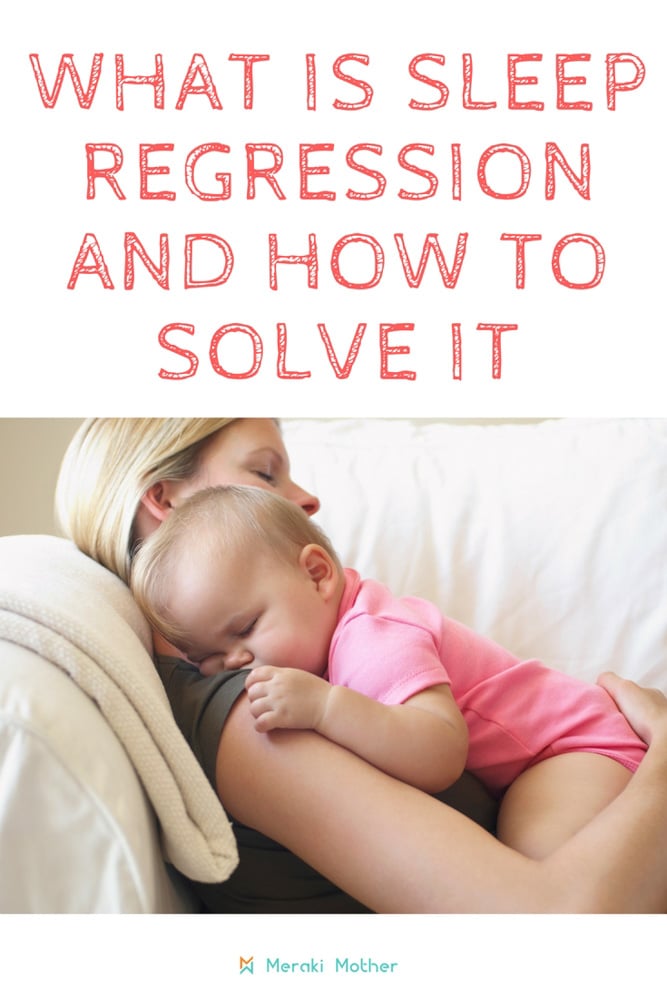
I went on this journey with Barham expecting to prove that past life regression was really the result of making up false memories. And while I hate to be cliché, it was an absolutely transformative experience. So my goal with this past life therapy session was to solve the age-old dilemma of whether my life has meaning. Since turning 34 in February, I’ve been experiencing what psychologists call an existential crisis. Other times, they discover a happy memory, like the one I found on that frigid night in my New York City apartment. Sometimes her clients uncover painful experiences. Using various hypnosis techniques (like slow breathing and counting down), Barham acts as a meditative guide, helping her clients return to prior life spans in search of nuggets of information that can improve their present life. The stranger in question was Ann Barham, LMFT, a certified past life regression therapist and author of the 2016 book, The Past Life Perspective: Discovering Your True Nature Across Multiple Lifetimes. With my eyes covered in a furry, leopard print sleep mask, a complete stranger listened to my story while recording my deepest, innermost thoughts in order to offer insight and spiritual understanding about how my past life factors into my current one. Babies don’t have any concept of time.Chasing the meaning of that quote is what inspired me to try past life regression therapy while reclining on the queen-sized bed in my dimly-lit studio apartment one evening in March. Then there’s the issue of separation anxiety. In fact, teething can just start taking hold at this age and with newly introduced solid food, eight-month-old babies often have quite disturbed sleep patterns. One of the main issues is that there’s an enduring belief that by eight months babies should be sleeping through the night. How long will it last? Around 3-6 weeks 8-month sleep regression This realisation may cause separation anxiety and some very tearful night times. This is also the age your baby begins to understand 'object permanence' - meaning he now knows that when you leave him, you still exist. Maybe your little one is also flexing his core and trying to sit up? And some babies begin crawling around this age. It's at around 6 months old that teething kicks in. Why? Well, it's all down to baby development and milestones. It can last anywhere between 2 to 6 weeks. However, if you do it's likely to happen as early as 5 months and as late as 8 months. Most people don’t tend to experience a 6-month sleep regression with their baby. How long will it last? Around 3-6 weeks 6-month sleep regression This can cause short naps and lots of nighttime waking too." They become more wakeful at the end of one sleep cycle and look for the same conditions that they had to fall asleep to move back into another sleep cycle. "This regression occurs because the baby’s brain becomes more aware. "The only sleep regression based on a real physiological change is this one, the four-month sleep regression," explains Heidi Skudder, The Parent & Baby Coach. While the other sleep regressions are temporary, the 4-month one sees a permanent change in how your little one sleeps as they are now more aware of the world around them than ever before. The 4-month sleep regression is the most renowned. How long will it last? Around 3-6 weeks 4-month sleep regression This can rouse them from sleep due to hunger, which is a normal phase in baby development." At four weeks you might feel like you're just getting the hang of it, so don't be disheartened if you feel like you then take two steps back with the four-week sleep regression. It's all about feed, sleep, repeat! At two or three weeks babies also have a growth spurt. "Babies are born needing a lot of sleep,'" explains sleep consultant Francesca Beauchamp. "But the huge transition babies make from being inside the womb is a crazy difference and understandably impacts their sleep."

Babies usually sleep well in the first few days after birth, which lulls parents into a false sense of security," says Ockwell-Smith.


A slight sleep regression can therefore happen at four weeks. While this can happen, due to outside influences, at any time in a baby's short life, it tends to happen at one of the following four sleep regression ages: 4-week sleep regressionĪfter four weeks, babies have begun to adjust to life outside of the womb, new feeding patterns, and the difference between day and night. Sleep regression happens most often at a time of change or upheaval. What is sleep regression - what are the signs and what causes it?.Why does sleep regression happen at different ages?.See all weight loss and exercise features.Child development stages: Ages 0-16 years.See all conception & fertility features.Fines for taking children out of school.


 0 kommentar(er)
0 kommentar(er)
